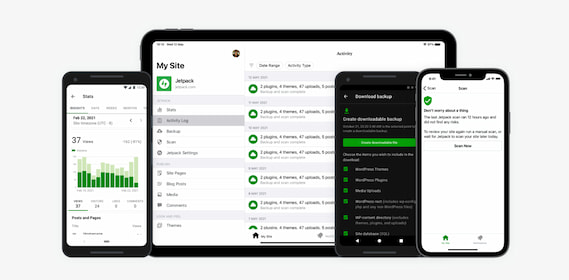We regularly try to keep our website up to date and often this leads to a rebuild from time to time. On the last two occasions we’ve gone with Umbraco, but this time we’ve gone with WordPress and this is the reason why.
Performance and security gains
Over recent years the WordPress team has been working hard to improve the performance and security of the WordPress CMS and we’re starting to see the results. It’s not quite there yet unfortunately and developers still have to do some work to ensure top tier performance, but once we tweak the setup we are able to compete against Umbraco’s impressive .NET cache.
The main performance drawback still in WordPress is the amount of script still loaded in the head by default. If we remove this and push it into the footer of the page we get a much better performance overall.

Ease of management
Like most small businesses we spend the majority of our time focusing on our key products and services, web development and hosting. So, removing as many barriers as possible to make creating and updating content easier is worth its weight in gold. WordPress is just a lot easier to blog with away from the desk and this means we can do it more often than we could with Umbraco.
For example, I recently drafted a blog post entirely on my phone from my sofa. I threw in a few images the next day when I got into the office, but overall I didn’t feel like I was sacrificing my working day’s productivity.

Check out the JetPack plugin and it’s mobile companion app by WordPress’s Automaticc for an even easier way to draft and publish blog posts and pages.
Fit for purpose
Umbraco is a great system to work with and it holds many advantages over WordPress depending on the situation. On the other side of the coin, the same is true for WordPress and in this situation it is the best solution for our website.

We were able to turn around the new build within 3-4 days and a couple additional days for content and SEO meant that we could return to client projects quickly. It is possible to create a quality Umbraco system quickly, but it’s more challenging as it doesn’t benefit from such a vast array of themes & plugins. This means a lot more of the website has to be coded, which doesn’t always suit small business budgets.
Taking aim
Often I will take aim at aspects of WordPress and Umbraco, but this is because neither solution is totally perfect for every situation. Fortunately, where one isn’t suitable the other one normally fills the gap.

